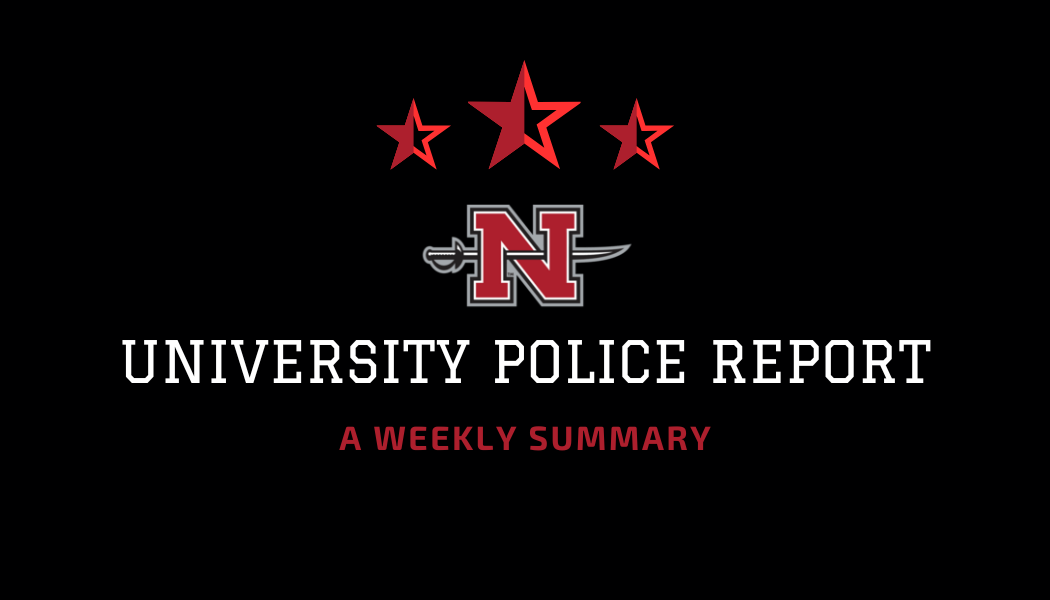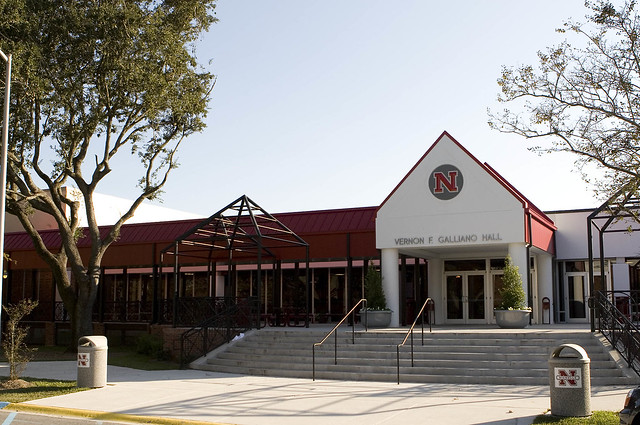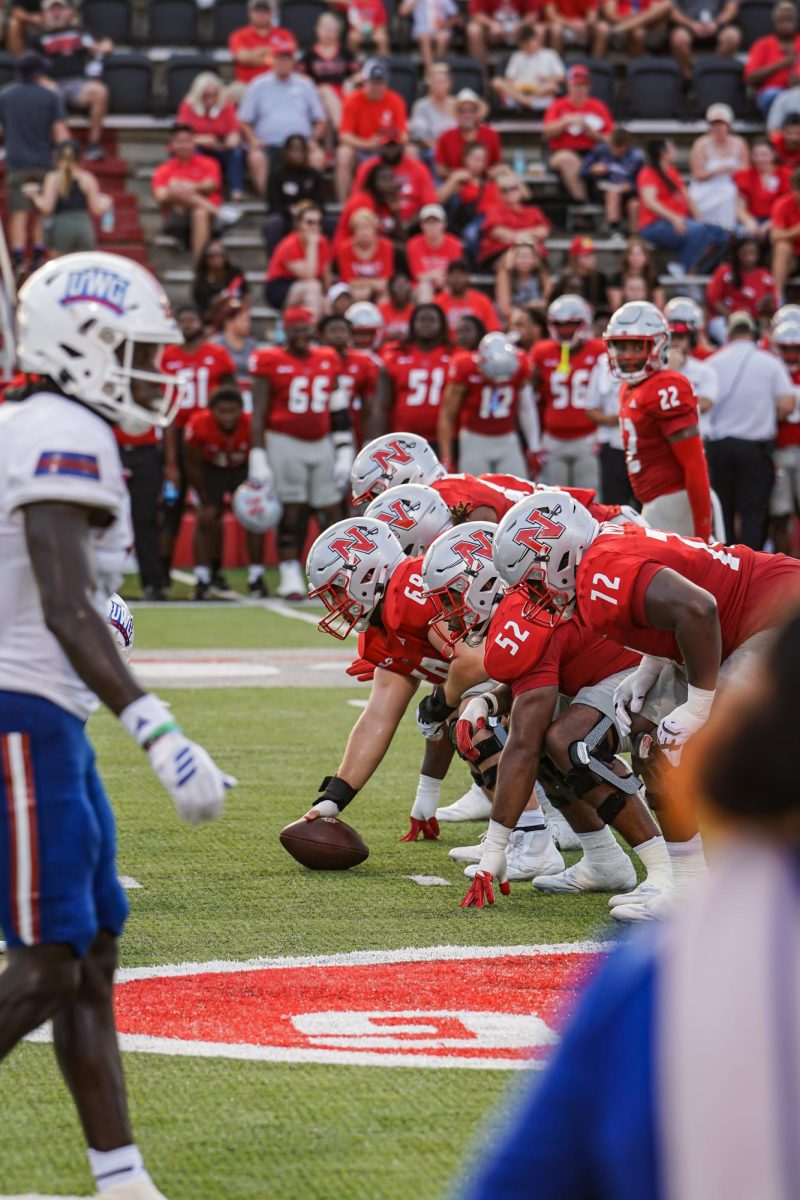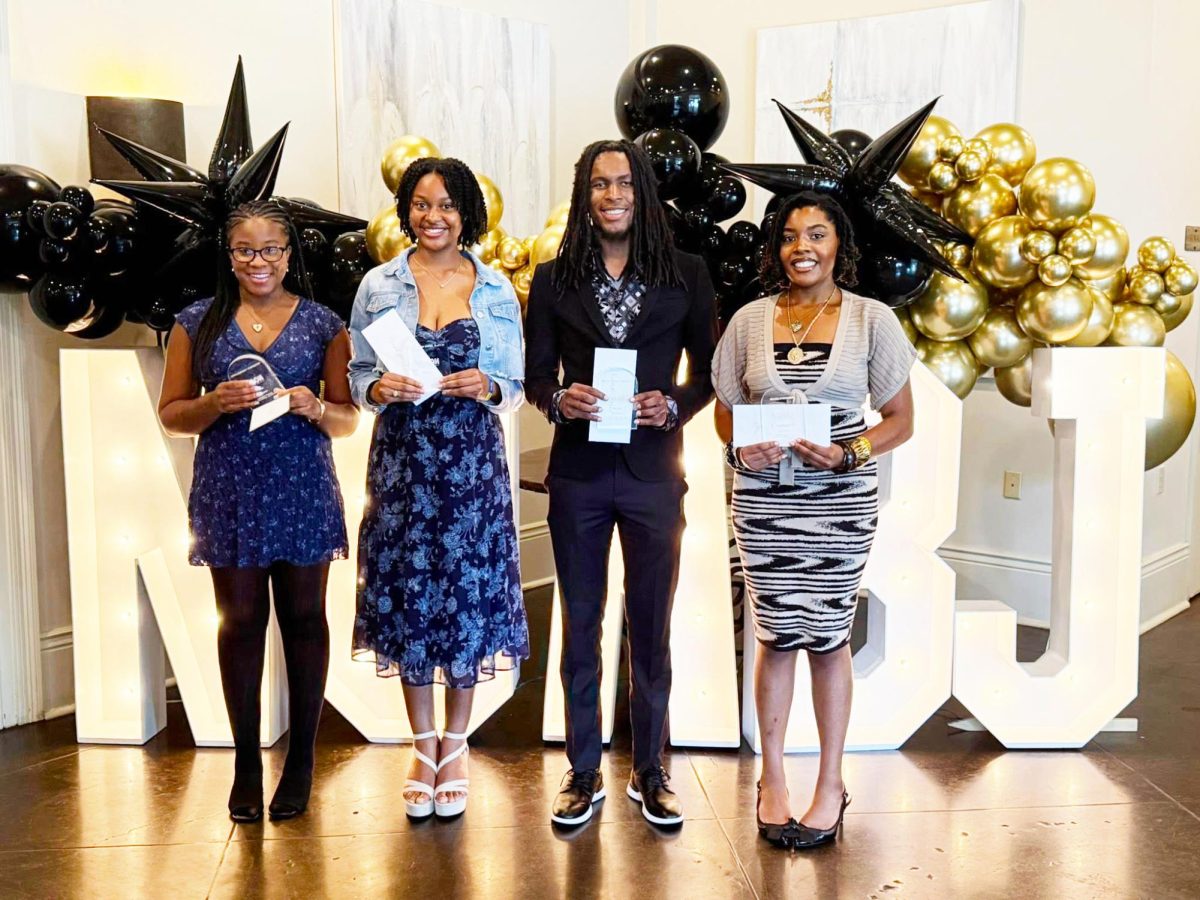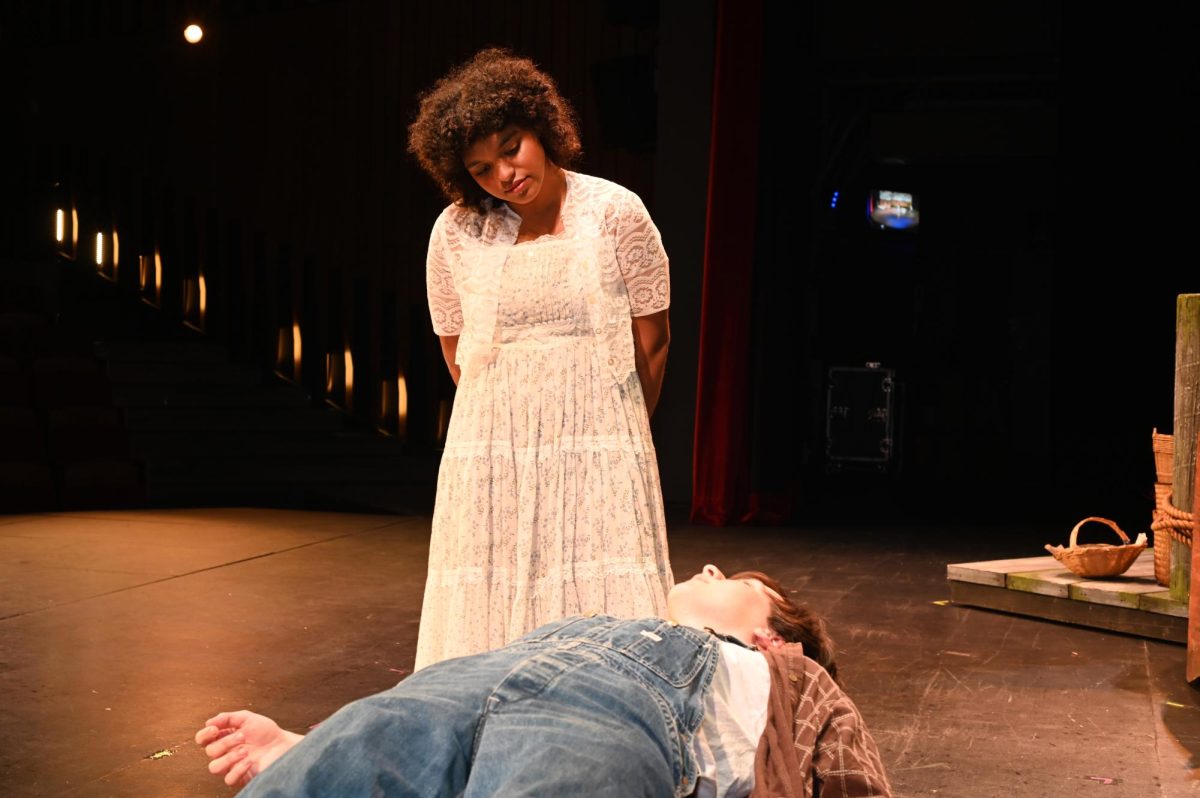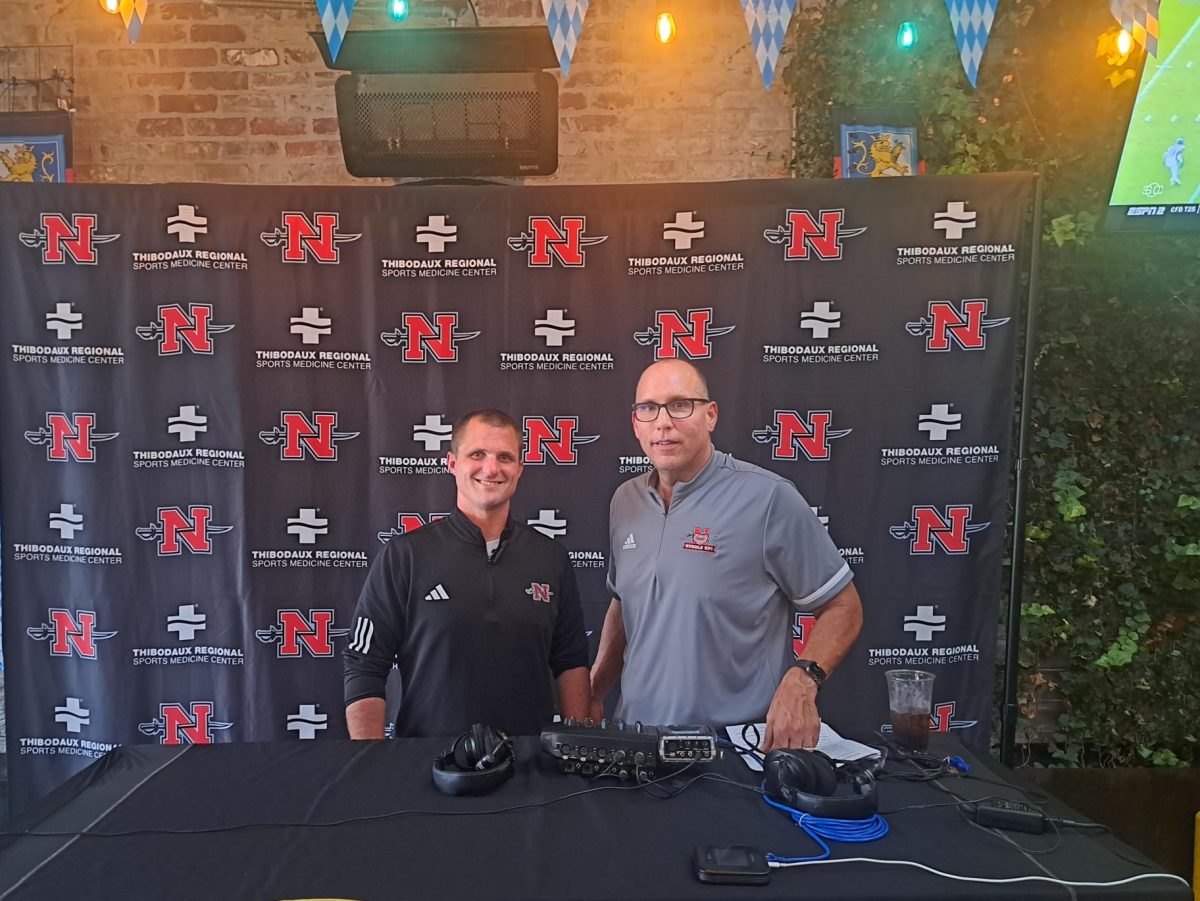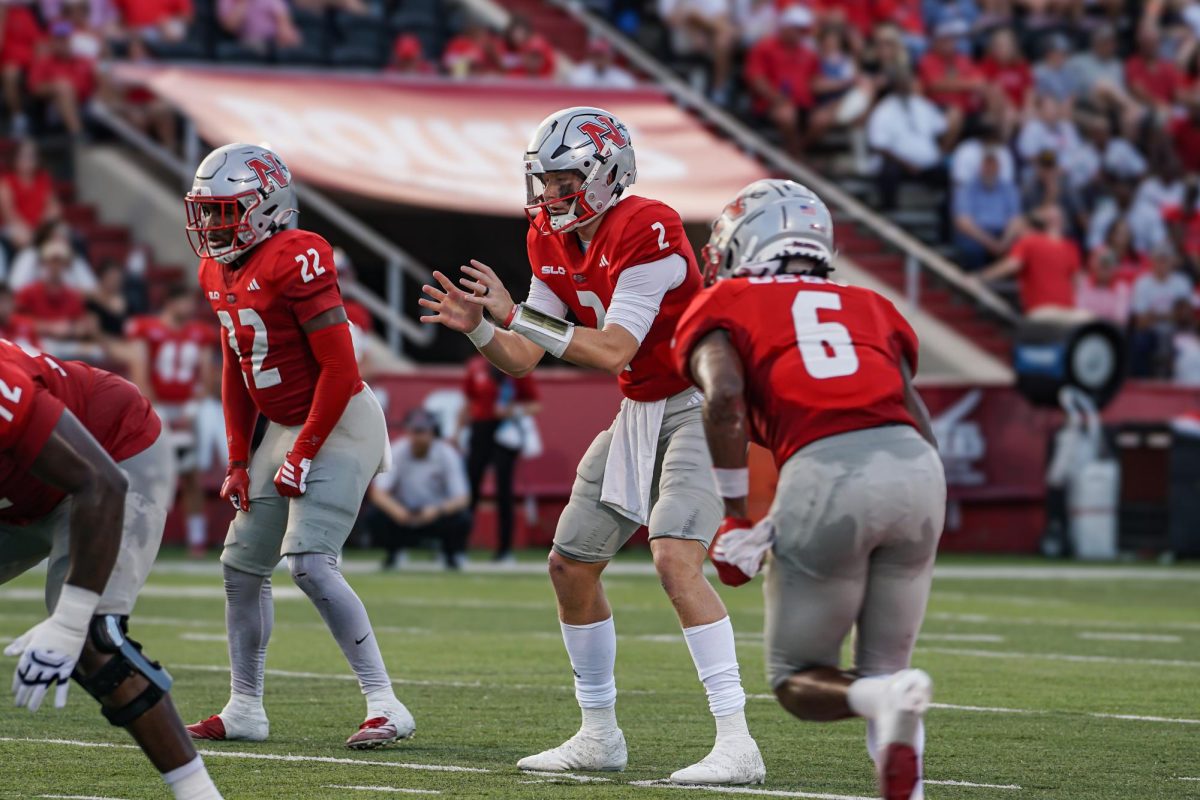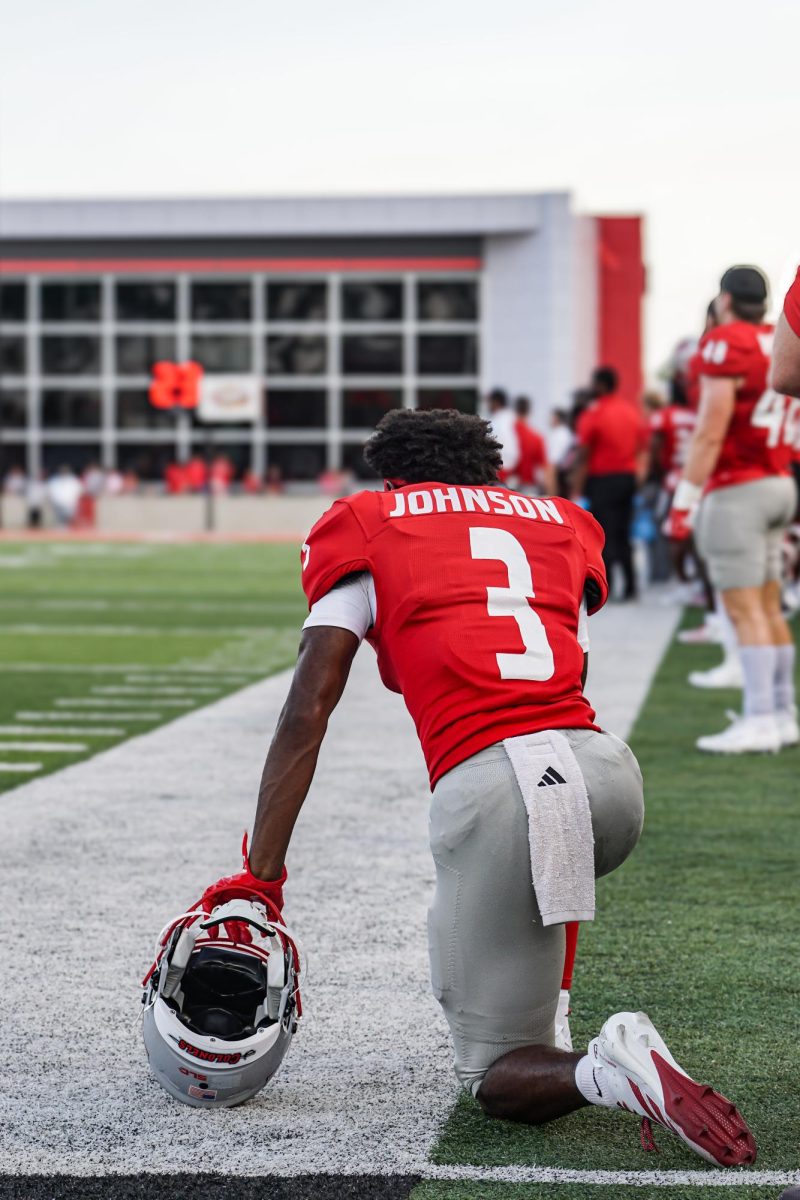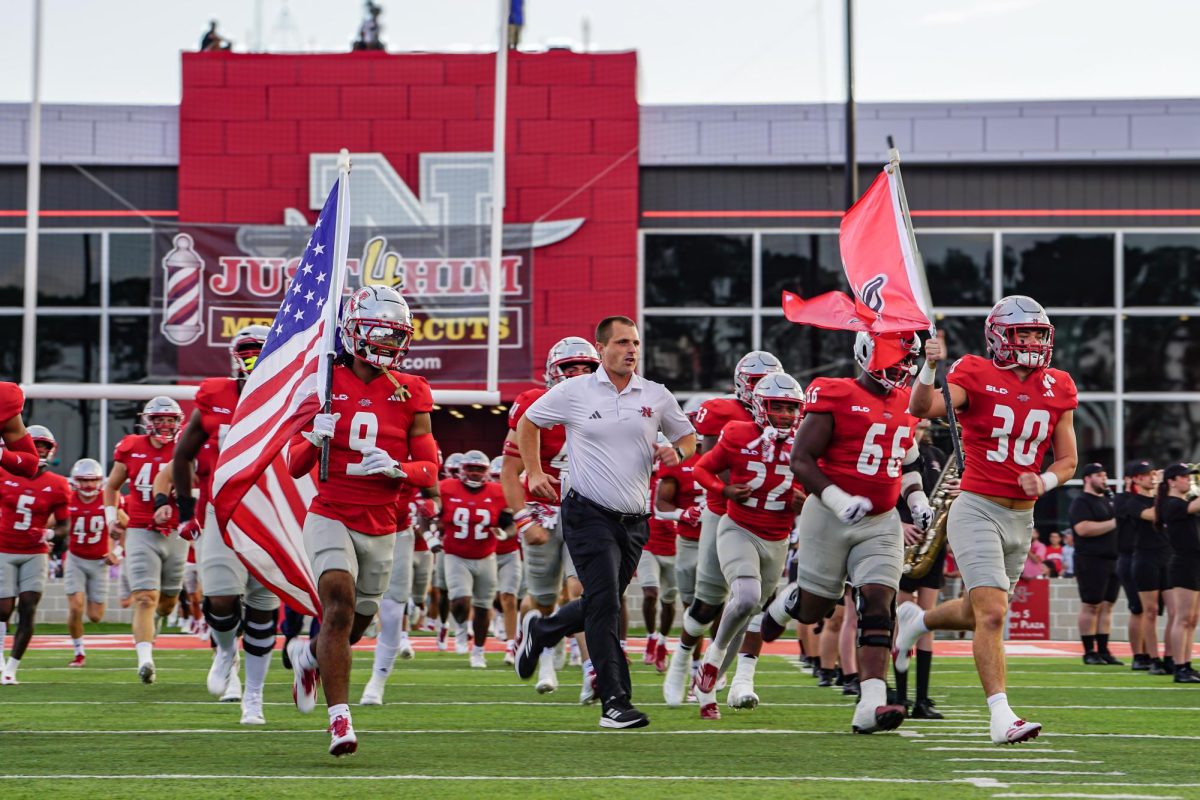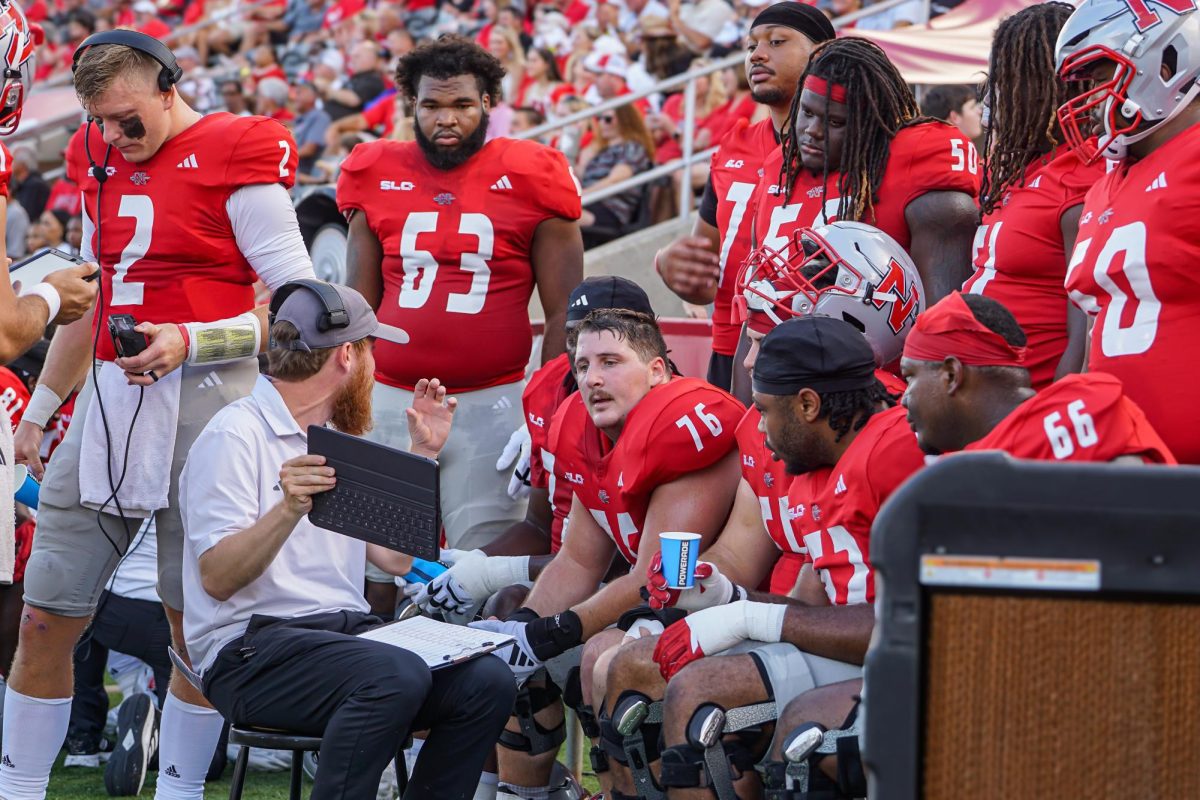Nicholls is home to a bevy of international students, tallying a total of 170; 23 percent are student athletes ranging from 12 different countries.
As I stated in my article last week, many of these students come for the non-mainstream sports like tennis, track or cross-country. Basketball is the only exception to that, as the team has six Australian student athletes. Having these international students on sports teams adds the element of diversity.
Associate Athletic Director of External Affairs Brandon Ruttley said, “From a diversity standpoint, it is important because when you have an everyday Louisiana cajun who is practicing with someone from Canada, Brazil or Macedonia, it brings more culture to the program, and it gives everyone perspective of what goes on in other countries.”
I feel that is something that gets lost and is under-appreciated in this country. According to Project Atlas, a database which counts the number of international students in the United States, in 2009-2010 there were a little under 700 thousand international students in grand total. 62 percent of those students are athletes.
That is more than enough opportunity to get a true understanding about these other cultures. Athletes spend plenty of hours together through practices, games and traveling. I think the amount of cultural ignorance in this country is unbelievable. I can’t begin to count the number of times I have heard someone say, “You come to my country, you speak my language.”
Most countries are bilingual, so why not use this as an opportunity to enhance the communication process with different countries and cultures?
Dietetics sophomore and former tennis player Natalia Cardiff said, “They really want us to learn English because in Brazil we speak Portuguese, but it is a different dialect than what they speak in Portugal. We also speak Spanish in Brazil.”
Despite the language barriers, international students still possess one of the highest Academic Progress Rate (APR) scores.
“Typically, they are one of the top GPAs in the university. Tennis has a lot of international students, and they have one of the top APR scores,” Ruttley said.
Is that a sign that international students are more driven to succeed?
It is because despite the language, cultural and other barriers, to still maintain high APR scores speaks volumes for their dedication and willingness to learn. If they are able to maintain the grade, why shouldn’t the athletes from the United States be held to the same standard?
It comes down to taking self-responsibility and accountability. American student athletes do not have to deal with the issue of language barriers. There is no excuse why they can’t maintain a high Grade Point Average.
International students give U.S. students an opportunity to see opposing viewpoints from people of other countries. There is always plenty to discuss in regard to the differences in political, religious and moral standpoints, all of which go hand-in-hand to an extent. That is a more rewarding feeling than anything that can be learned in a classroom.
I had a man sit next to me on a plane several years ago and he was from the Middle East. This was in 2006, so 9-11 was still pretty fresh in peoples’ heads. When he walked on the plane, almost everyone was staring at him and looked disgusted. He wound up sitting next to me and I talked to him for nearly the entire hour-and-a-half plane ride back to New Orleans. He was from Iran and was visiting some family in the states. It was sickening to see that many people judge one person with cultural differences because of 19 people.
Athletes have an opportunity to get past that ignorant and asinine way of thinking because they have to co-exist and win games. The overall culture at Nicholls seems to embrace international students and athletes. I tip my hat to the athletic department for that.
The diversity of student athletes gives these young adults the opportunity to learn tolerance of other cultures, a concept many people out there cannot seem to grasp.
Opinion: International students can help get past ignorance
Michael Hotard
•
October 10, 2013
0
More to Discover


